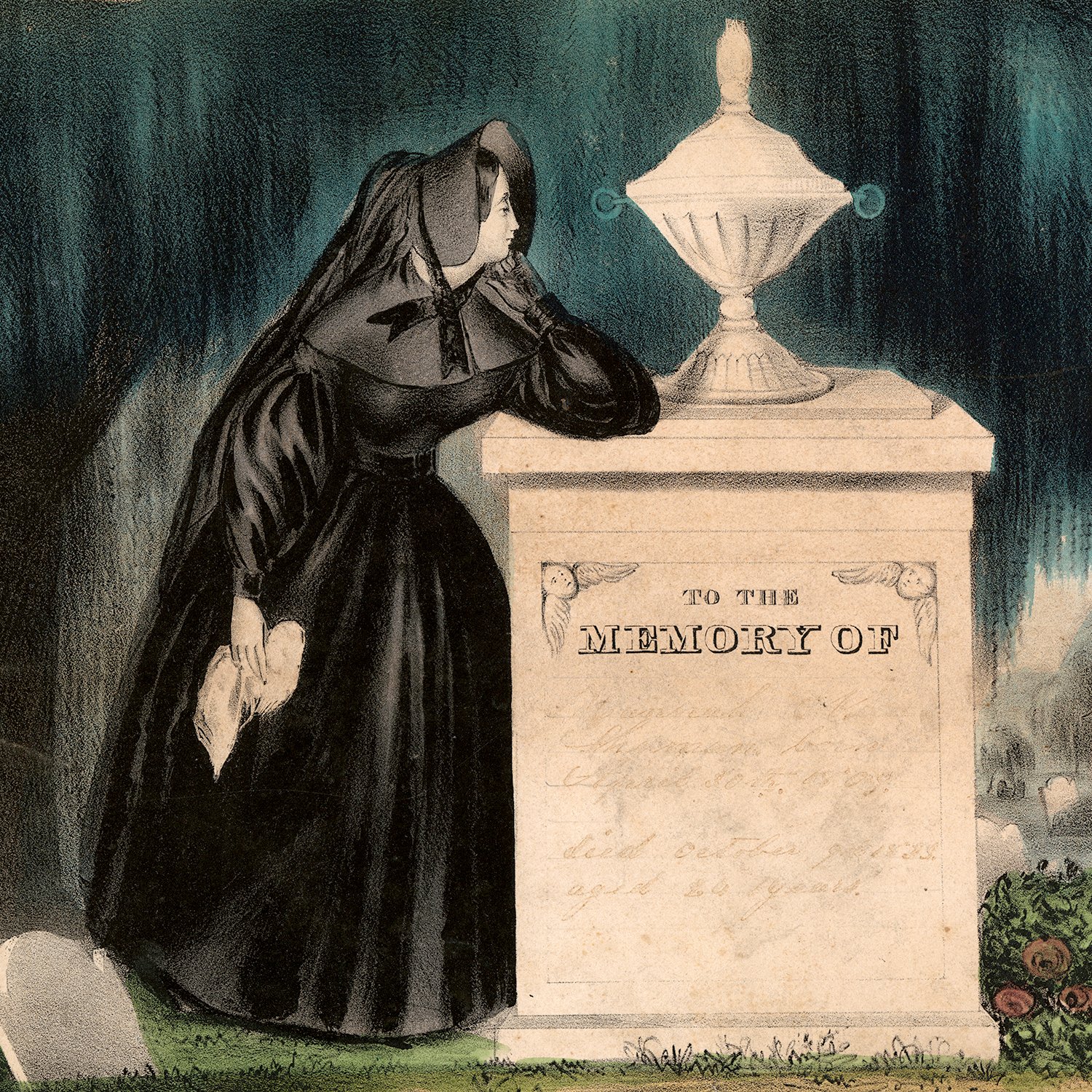 Image 1 of 2
Image 1 of 2

 Image 2 of 2
Image 2 of 2



Sensing the Supernatural Dead: Relic Veneration and Corpse Inspection, with Historian Jamie L. Brummitt, Begins September 25
Six-week online class taught live via Zoom
Thursdays, September 25 – October 30, 2025
7 – 9 PM EST (NYC Time)
$130 Paid Patreon Members / $150 General Admission
PLEASE NOTE: All classes will be recorded for those who cannot attend live
Watch recording of related talk by teacher here.
Join professor of religion, technology, and death Jamie L. Brummitt for a deep dive into the fascinating ways people have used—and continue to use!—relics as powerful memory objects that generated supernatural sense experiences with the dead.
Over the course of six weeks, we will look at the many reasons why spiritual individuals have produced, touched, kissed, viewed, and worn relics as supernatural memory objects. We will investigate how people have collected, caressed, and conversed with corpses, locks of hair, bones, post-mortem images, burial shrouds, bibles, deathbed letters, mourning embroideries, and more. We will also contextualize these relic practices within the long history of Christianity and challenge modern assumptions about the morbid, dirty, and secular natures of touching remains of the dead.
Each week will consist of richly illustrated lectures on the history of relics, with special emphasis on their production, uses, and depictions in paintings, prints, images, and photographs. Dr. Brummit will also suggest further readings, and lead discussions on the nature of human relationships with death, dying, and remains of the dead.
As a final project, students will be invited to produce a relic of their own, and explain its meaning and production process to the class.
Schedule:
Week 1: Miraculous Holy Matter in Late Medieval Catholicism
Week 2: Destroying and Remaking Relics in the Protestant Reformation and Beyond
Week 3: Deathbeds, Corpse Inspection, and Protestant Relics in Early America
Week 4: Venerating George Washington’s Relics at Mount Vernon and Beyond
Week 5: Teaching Children the Art of Mourning Embroidery in the Early United States
Week 6: “Secular” Relics from American Civil War to Today; Final Presentations
Jamie L. Brummitt is a professor of religion, technology, and death at the University of North Carolina Wilmington. She earned her PhD from Duke University. Her book Protestant Relics in Early America examines relic veneration, corpse inspection, and the art of mourning from the Protestant Reformation to the early United States. She also writes about death, mourning, and relics in the American Civil War. When she is not studying death, Jamie likes hunting for relics at thrift stores, preserving relics, and watching supernatural TV shows.
Images: N. Currier, colored mourning lithograph, New York,19th century, via; Arm Reliquary, ca. 1230, Metropolitan Museum of Art
Six-week online class taught live via Zoom
Thursdays, September 25 – October 30, 2025
7 – 9 PM EST (NYC Time)
$130 Paid Patreon Members / $150 General Admission
PLEASE NOTE: All classes will be recorded for those who cannot attend live
Watch recording of related talk by teacher here.
Join professor of religion, technology, and death Jamie L. Brummitt for a deep dive into the fascinating ways people have used—and continue to use!—relics as powerful memory objects that generated supernatural sense experiences with the dead.
Over the course of six weeks, we will look at the many reasons why spiritual individuals have produced, touched, kissed, viewed, and worn relics as supernatural memory objects. We will investigate how people have collected, caressed, and conversed with corpses, locks of hair, bones, post-mortem images, burial shrouds, bibles, deathbed letters, mourning embroideries, and more. We will also contextualize these relic practices within the long history of Christianity and challenge modern assumptions about the morbid, dirty, and secular natures of touching remains of the dead.
Each week will consist of richly illustrated lectures on the history of relics, with special emphasis on their production, uses, and depictions in paintings, prints, images, and photographs. Dr. Brummit will also suggest further readings, and lead discussions on the nature of human relationships with death, dying, and remains of the dead.
As a final project, students will be invited to produce a relic of their own, and explain its meaning and production process to the class.
Schedule:
Week 1: Miraculous Holy Matter in Late Medieval Catholicism
Week 2: Destroying and Remaking Relics in the Protestant Reformation and Beyond
Week 3: Deathbeds, Corpse Inspection, and Protestant Relics in Early America
Week 4: Venerating George Washington’s Relics at Mount Vernon and Beyond
Week 5: Teaching Children the Art of Mourning Embroidery in the Early United States
Week 6: “Secular” Relics from American Civil War to Today; Final Presentations
Jamie L. Brummitt is a professor of religion, technology, and death at the University of North Carolina Wilmington. She earned her PhD from Duke University. Her book Protestant Relics in Early America examines relic veneration, corpse inspection, and the art of mourning from the Protestant Reformation to the early United States. She also writes about death, mourning, and relics in the American Civil War. When she is not studying death, Jamie likes hunting for relics at thrift stores, preserving relics, and watching supernatural TV shows.
Images: N. Currier, colored mourning lithograph, New York,19th century, via; Arm Reliquary, ca. 1230, Metropolitan Museum of Art
